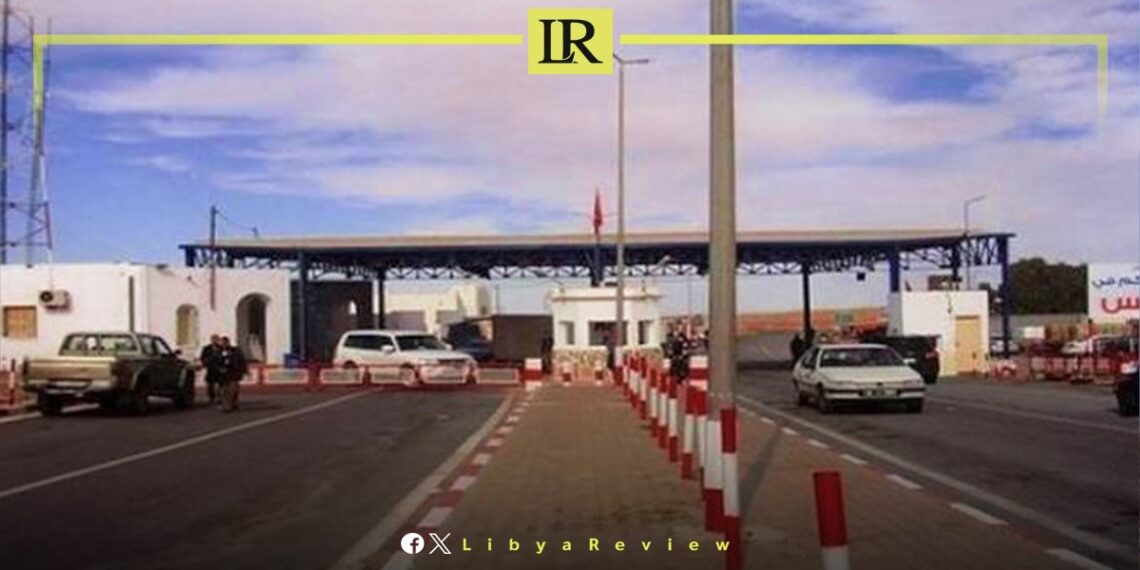Local sources reported on Monday a significant disruption at the Wazin border crossing between Libya and Tunisia, where the passport system has come to a halt.
The sources indicate that the crossing is overcrowded with Libyan travelers heading to Tunisia, resulting in wait times extending up to 14 hours. The breakdown of the passport control system has led to severe delays, creating a bottleneck as travelers remain stranded at the border, unable to proceed with their journeys.
The congestion at the border highlights the critical need for urgent technological and infrastructural upgrades to handle the high volume of traffic and ensure smooth and efficient border crossing procedures. The prolonged delays have caused frustration among travelers and underscore the necessity for immediate action to resolve the technical issues and restore normal operations at the Wazin crossing.
This incident calls attention to the broader challenges faced by border management authorities in the region and the importance of resilient systems to support international travel and trade.
Libya has been in chaos since a NATO-backed uprising toppled longtime leader Muammar Gaddafi in 2011. The county has for years been split between rival administrations.
Libya’s economy, heavily reliant on oil, has suffered due to the ongoing conflict. The instability has led to fluctuations in oil production and prices, impacting the global oil market and Libya’s economy.
The conflict has led to a significant humanitarian crisis in Libya, with thousands of people killed, and many more displaced. Migrants and refugees using Libya as a transit point to Europe have also faced dire conditions.
The planned elections for December 2021 were delayed due to disagreements over election laws and the eligibility of certain candidates. This delay has raised concerns about the feasibility of a peaceful political transition.
Despite the ceasefire, security remains a significant concern with sporadic fighting and the presence of mercenaries and foreign fighters. The unification of the military and the removal of foreign forces are crucial challenges.


